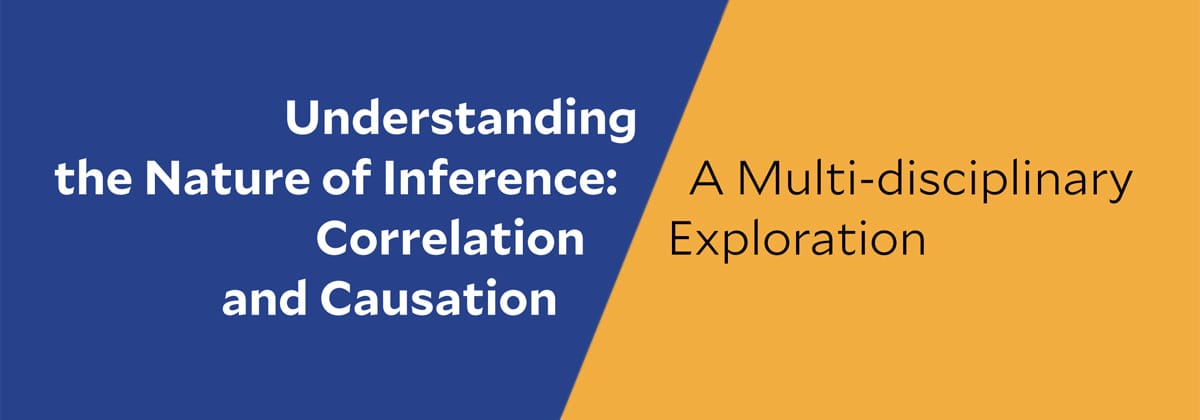
Are Scientific Models Fictions? Model-Based Science as Epistemic Warfare

In the current epistemological debate, scientific models are not only considered as useful devices for explaining facts or discovering new entities, laws, and theories. They are also rubricated under various new labels: from the classical ones, as abstract entities and idealizations, to the more recent, as fictions, surrogates, credible worlds, missing systems, make-believe, parables, functional, epistemic actions, revealing capacities. Professor Magnani will discuss these approaches showing some of their epistemological inadequacies, also taking advantage of recent results in cognitive science. The main aim is to revise and criticize fictionalism, also reframing the received idea of abstractness and ideality of models with the help of recent results coming from the area of distributed cognition (common coding) and abductive cognition (manipulative). He also plans to illustrate how scientific modeling activity can be better described taking advantage of the concept of “epistemic warfare,” which sees scientific enterprise as a complicated struggle for rational knowledge in which it is crucial to distinguish epistemic (for example, scientific models) from non-epistemic (for example, fictions, falsities, propaganda) weapons. Finally, he will contend that it is misleading to analyze models in science by adopting a confounding mixture of static and dynamic aspects of the scientific enterprise. Scientific models in a static perspective (for example, when inserted in a textbook) certainly appear fictional to the epistemologist, but their fictional character disappears in case a dynamic perspective is adopted. A reference to the originative role of thought experiment in Galileo’s discoveries and to the usefulness of Feyerabend’s counterinduction in criticizing the role of resemblance in model-based cognition is also provided, to further enrich the answer to the question indicated by the title of his talk.
Professor Jim Weatherall of UC Irvine will lead a conversation with Professor Magnani the next day at 3 p.m.
Professor James Weatherall is Professor of Logic and Philosophy of Science at the University of California, Irvine, where he is also a member of the Institute for Mathematical Behavioral Sciences and the Center for Cosmology. His most recent book is The Misinformation Age: How False Beliefs Spread (YUP, 2019), co-authored with Cailin O’Connor, which explores the social dynamics of belief in evidence-rich environments; his previous books are Void (YUP, 2016) and The Physics of Wall Street (Houghton Mifflin Harcourt, 2013). His current research interests concern a variety of issues in the mathematical and conceptual foundations of physics, philosophy of cosmology, and social epistemology.
Register in advance for this meeting:

Lorenzo Magnani
Lorenzo Magnani, philosopher, epistemologist, and cognitive scientist, is a Professor of Philosophy of Science at the University of Pavia, Italy, and the Director of its Computational Philosophy Laboratory. He has been a visiting researcher at Carnegie Mellon University, McGill University, the University of Waterloo and Georgia Institute of Technology and a Visiting Professor at Georgia Institute of Technology, City University of New York, and at Sun Yat-sen University, China. In the event of the 50th anniversary of the re-building of the Philosophy Department of Sun Yat-sen University in 2010, an award was given to him to acknowledge his contributions to the areas of philosophy, philosophy of science, logic, and cognitive science. He has been appointed Member of the International Academy for the Philosophy of the Sciences (AIPS) in 2015. He was awarded a Doctor Honoris Causa degree by the Senate of the Ştefan cel Mare University, Suceava, Romania in 2015. Amongst his various publications, his book Abduction, Reason, and Science has become a well-respected work in the field of research on human cognition. The book Morality in a Technological World Knowledge as Duty develops a philosophical and cognitive theory of the relationships between ethics and technology in a naturalistic perspective. The book Abductive Cognition. The Epistemological and Eco-Cognitive Dimensions of Hypothetical Reasoning and the monograph Understanding Violence, The Intertwining of Morality, Religion, and Violence: A Philosophical Stance have been more recently published by Springer, in 2009 and 2011. A new book that completes his rich studies on abductive cognition is The Abductive Structure of Scientific Creativity. An Essay on the Ecology of Cognition. Since 1998, initially in collaboration with Nancy J. Nersessian and Paul Thagard, he has created and promoted the MBR Conferences on Model-Based Reasoning. Since 2011 he is the editor of the book series Studies in Applied Philosophy, Epistemology and Rational Ethics (SAPERE) by Springer. He has recently edited, together with T. Bertolotti, the Springer Handbook of Model-based Science.
The conversant for the pos-talk conversation is Professor James Weatherall, Professor of Logic and Philosophy of Science at the University of California, Irvine, where he is also a member of the Institute for Mathematical Behavioral Sciences and the Center for Cosmology. His most recent book is The Misinformation Age: How False Beliefs Spread (YUP, 2019), co-authored with Cailin O’Connor, which explores the social dynamics of belief in evidence-rich environments; his previous books are Void (YUP, 2016) and The Physics of Wall Street (Houghton Mifflin Harcourt, 2013). His current research interests concern a variety of issues in the mathematical and conceptual foundations of physics, philosophy of cosmology, and social epistemology.
